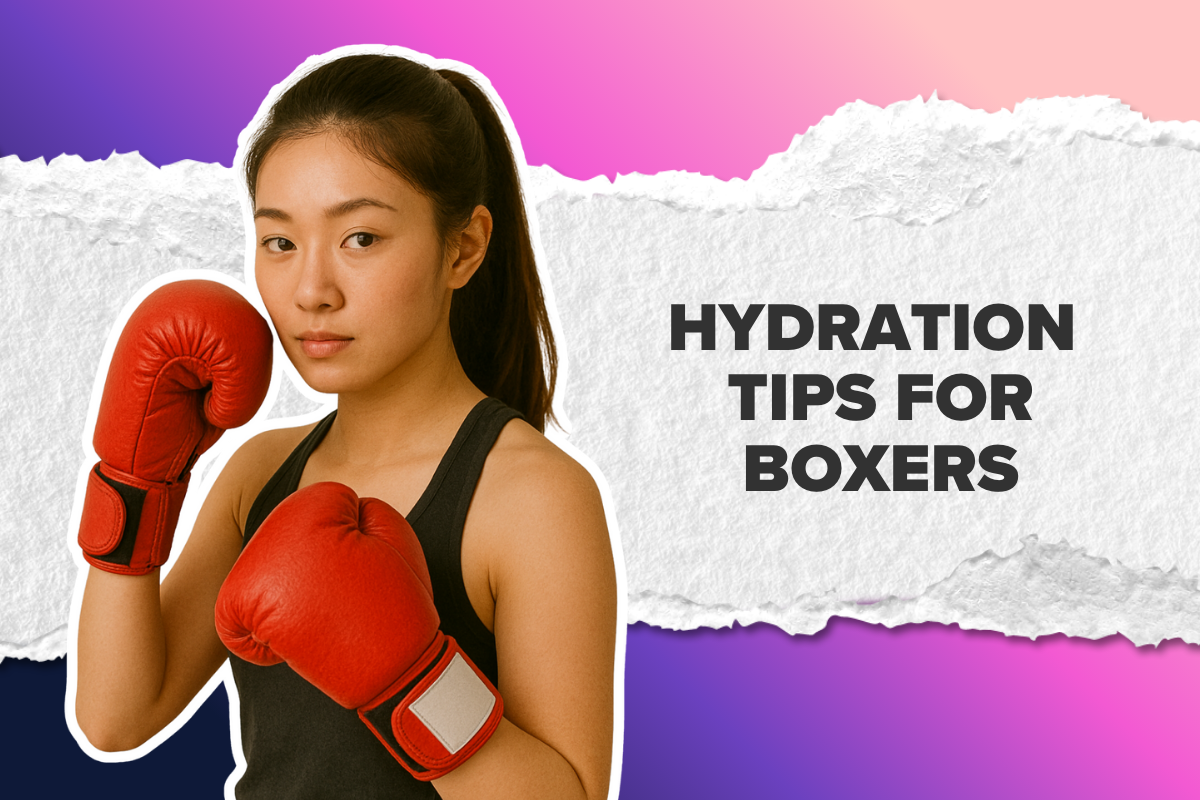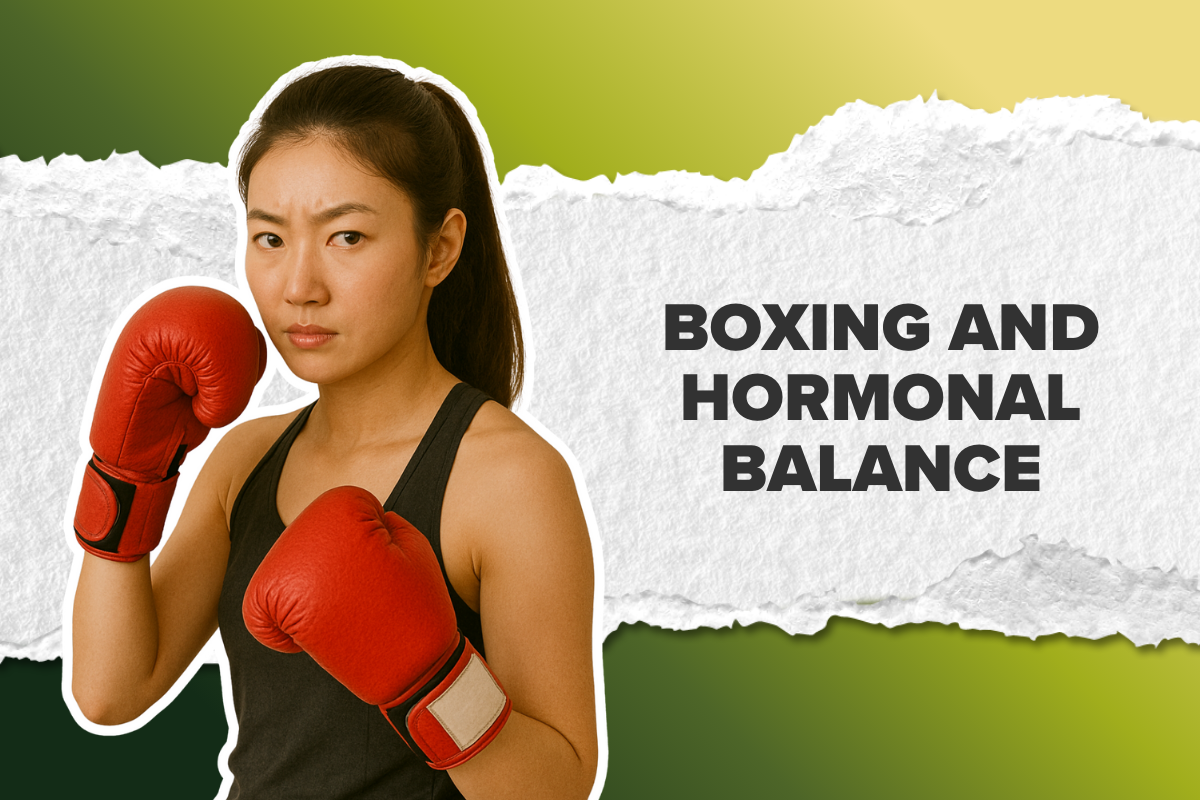When people think about boxing performance, they usually focus on training routines, nutrition, or mental toughness. But there’s one key factor that often gets overlooked: sleep. For boxers, rest isn’t just about feeling less tired—it’s a vital part of building strength, sharpening focus, and preventing injury. In fact, sleep may be the most underrated tool in any fighter’s arsenal.
Why Sleep Matters for Athletes
Sleep is when the body resets and repairs itself. During deep sleep, muscles recover from intense workouts, the brain processes new skills, and energy stores are replenished. Without enough rest, all the hard work you put into training is compromised.
For boxers, who juggle cardio conditioning, strength training, sparring, and strategy, proper recovery is non-negotiable. A single night of poor sleep can affect reaction time, endurance, and mental clarity—the very things boxing demands most.
The Science of Sleep and Performance
Sleep influences athletic performance in several key ways:
-
Muscle Recovery: Growth hormone, essential for muscle repair and recovery, is released during deep sleep. Skimping on rest slows healing and increases soreness.
-
Reaction Time: Boxing is about split-second decisions. Sleep deprivation makes your brain slower to react, which can be the difference between landing a punch and taking one.
-
Endurance: Lack of rest reduces aerobic capacity, meaning you’ll tire faster in the ring.
-
Focus and Strategy: Boxing isn’t just physical—it’s mental chess. Without proper sleep, concentration, memory, and decision-making all decline.
Sleep and Hormonal Balance
Poor sleep increases cortisol (the stress hormone) and decreases testosterone and growth hormone, all of which are crucial for performance. For female boxers, disrupted sleep can also impact estrogen and progesterone levels, which play a role in energy, bone health, and mood. Simply put, good sleep keeps your body’s hormonal system in balance, helping you train harder and recover faster.
How Much Sleep Do Boxers Need?
Most athletes benefit from 7–9 hours of sleep per night. Some studies suggest that athletes may even need closer to 9–10 hours during periods of heavy training or before competitions. Naps (20–30 minutes) can also provide an extra boost when training loads are high.
Tips for Better Sleep for Boxers
1. Create a Pre-Sleep Routine
Wind down with calming activities—stretching, reading, or light meditation. Avoid screens for at least 30 minutes before bed since blue light can disrupt melatonin production.
2. Fuel Recovery with Nutrition
Avoid heavy meals right before bed, but consider a light snack with protein and complex carbs (like Greek yogurt with fruit) to support overnight recovery.
3. Stay Consistent
Going to bed and waking up at the same time daily helps regulate your circadian rhythm, making it easier to fall asleep and wake up refreshed.
4. Optimize Your Environment
Keep your bedroom dark, cool, and quiet. A comfortable mattress and pillow also make a big difference for athletes who put stress on their muscles daily.
5. Manage Stress
Pre-fight nerves or life stress can disrupt sleep. Mindfulness techniques, journaling, or light breathing exercises before bed can help calm the nervous system.
The Consequences of Poor Sleep in Boxing
Ignoring sleep doesn’t just make you groggy—it can increase your risk of injury. Slower reaction times, reduced coordination, and weaker muscles create the perfect storm for sprains, strains, or worse. Over time, chronic sleep deprivation also leads to burnout, decreased motivation, and even immune system suppression, making it harder to stay consistent with training.
Final Thoughts
For boxers, sleep is just as important as throwing punches, lifting weights, or perfecting footwork. It fuels recovery, sharpens focus, and keeps the body resilient. If you’re serious about improving performance, treat rest as part of your training—not an afterthought.
And when you’re ready to combine smart recovery with the right training gear, check out KO Studio, a women’s boxing gear company dedicated to empowering fighters inside and outside the ring.



